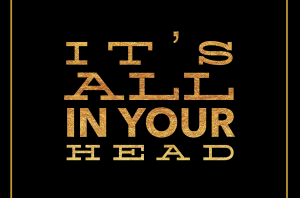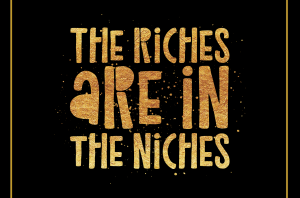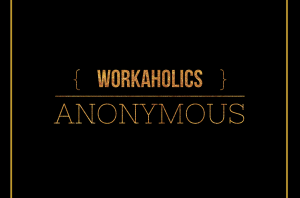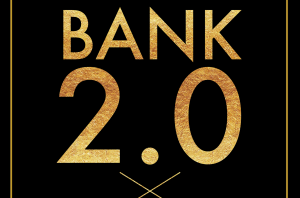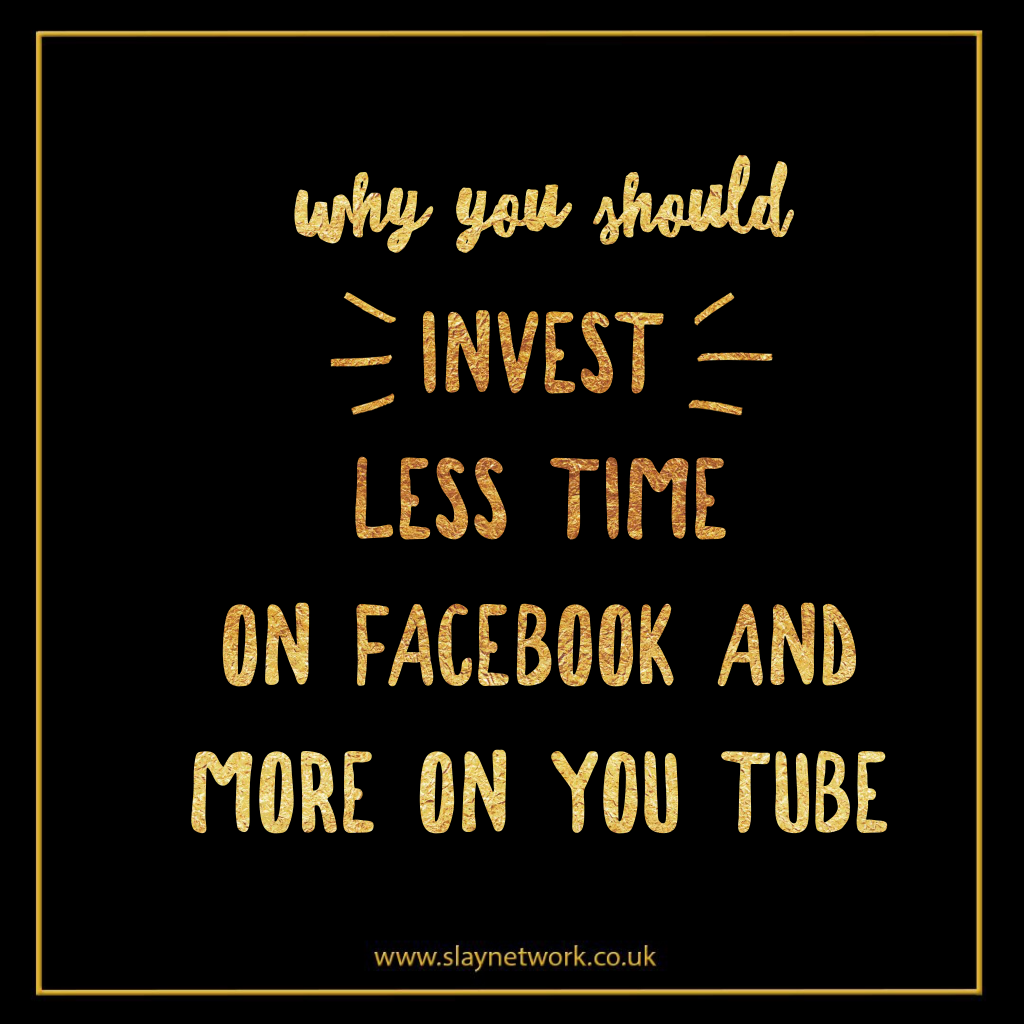
News providers are presented with a chance to walk with two social legs rather than one, which so far has been predominantly Facebook.
You must have heard many times before that if something is too good to be true, it probably is. In the case of reach for news on Facebook, you can say if something is too good to be continued for long, it arguably is.
For the past year or two, news pages’ numbers of fans, interactions and referrals back to their websites steadily rose and some sites had half of their visitors coming from Facebook. I saw this myself when I was digital editor and social media editor in the Asia region at BBC World Service. I also saw that people who visited the 11 Asian language websites including BBC Hindi, BBC Chinese and BBC Indonesia via links on Facebook spent less time reading compared to people coming directly to the sites or via Google search. It was clear to me that many language services had an over-reliance on Facebook for reach and referrals.
I did have some success with trying to build up another social leg, YouTube in this case, for some language services including BBC Urdu, BBC Vietnamese and BBC Chinese. BBC Vietnamese’s YouTube channel went on to become the best performing channel in the Asia region with watchtime rising up to 20 million minutes a month by the time I left the BBC World Service in August 2017. They represent what I call a service that walks with two social legs. Most of other services still walk on one leg on social. That leg is Facebook and it’s getting wobbly by the day.
Why YouTube?
Let me take you back to 2015 to a meeting between a YouTube partner representative and BBC World Service’s YouTube editors and senior digital and technology executives. The lady from YouTube made a plea to BBC people in the room to give YouTube a chance. BBC bosses in the meeting were not convinced. In the months that follow, YouTube editors departed from the BBC as they did not have the kind of support and attention they thought they deserved. To be fair, BBC bosses must have thought they had not brought the kind of results they expected.
In between the time of that meeting and now, Facebook has been trying its best to compete with YouTube to be the leading video platform as well as a social one. They paid media organisations including the BBC to embrace Facebook Live videos. They gradually gave short videos less reach and they probably treated YouTube video links the same way. And back in August 2017, they announced Facebook shows, the type of long form videos that YouTube was famous for.
So why should you see lowered reach on Facebook as a blessing in disguise and spend more time developing your YouTube channels? You must have seen some articles about the negative impact that time spent on social media platforms may have on our mental health. A survey, published in May 2017, of nearly 1,500 teens and young people aged 14 to 24 from across the U.K. showed that YouTube was identified as having positive impact on their health and well-being. Facebook and Facebook-owned Instagram came in at number three and five respectively.
* YouTube (most positive)
* Twitter
* Facebook
* Snapchat
* Instagram (most negative)
If you think about it, it definitely makes sense. You tend to come to YouTube with a specific purpose of searching for information or entertainment. You do less scrolling and more searching. YouTube is designed to give you what you need via their search engine. Facebook is designed to keep you going from one post to another until you are too tired to do so. Facebook thinks that it knows what you want. YouTube thinks that you know what you want and tells you to search away.
And the ability to discover best content, old and new, is YouTube’s unique strength compared to Facebook. Try searching for a video that you posted two years ago on Facebook. I don’t blame you if you don’t even want to try.
The video with 10 million minutes of watchtime
When I was still working for the BBC Vietnamese Service back in early 2015, on the eve of the 40th anniversary of the Vietnam War, I searched for videos about a general who fought to the very end of the war while many of his commanders fled. He did not even allow his wife and nine children to leave. The general ended up spending the next 17 years in various re-education camps and his family luckily escaped from Vietnam by boat in their second attempt. When I put his name, Le Minh Dao, in YouTube’s search box, BBC Vietnamese channel was nowhere to be seen in the list of results. If you search for his name now, chances are BBC Vietnamese is among the top five if not the first you’ll see from the list of videos. This is because of an interview I did with the general in the U.S. in May 2015. I filmed it myself on an iPad and uploaded it to YouTube on our long way back home from his house.
The video had more than a million views after two years and more importantly each viewer spent more than 12 minutes watching on average. Many people watched it on their smart TV via the YouTube app. It also had more than 3,600 comments and 1,500 shares on YouTube alone. When you choose to spend your precious 12 minutes of your life watching something on social, it should really mean something to you. Can you remember the last time you spent more than 10 minutes watching something on Facebook?
Apart from tapping into trending keywords on YouTube to create search-friendly videos, I and some colleagues also designed a weekly live political talk show for BBC Vietnamese channel. The show proved to be very popular with up to a million people watching some shows, mostly on demand. People were so hungry for political discussions that even a piece of audio that I uploaded got nearly 300,000 ‘views’.
So there you go, I have told you some of the key ingredients to build up a successful YouTube channel in the face of declined reach for almost everything and everyone on Facebook. It will surely take time and efforts but it will pay off handsomely. Don’t be alarmed by all the changes by Facebook. Take it as a cue that you should not put all your eggs in one basket. What if one nice day it won’t be around any more. I have lost my Yahoo 360 and Multiply blogs when blogging was the thing to do when you went online some 10 years ago. And if you are on Storify and haven’t heard about it yet, it won’t be there any longer after May, 2018. I have moved mine to Wakelet. Come and read how I spent 300 pounds to generate half a million views on Facebook back in 2013. By the way, all the money spent on Facebook had been recouped thanks to tens of thousands of pounds earned on YouTube.
By Hung Nguyen.
Looking for an even better alternative to Facebook ? Click here


